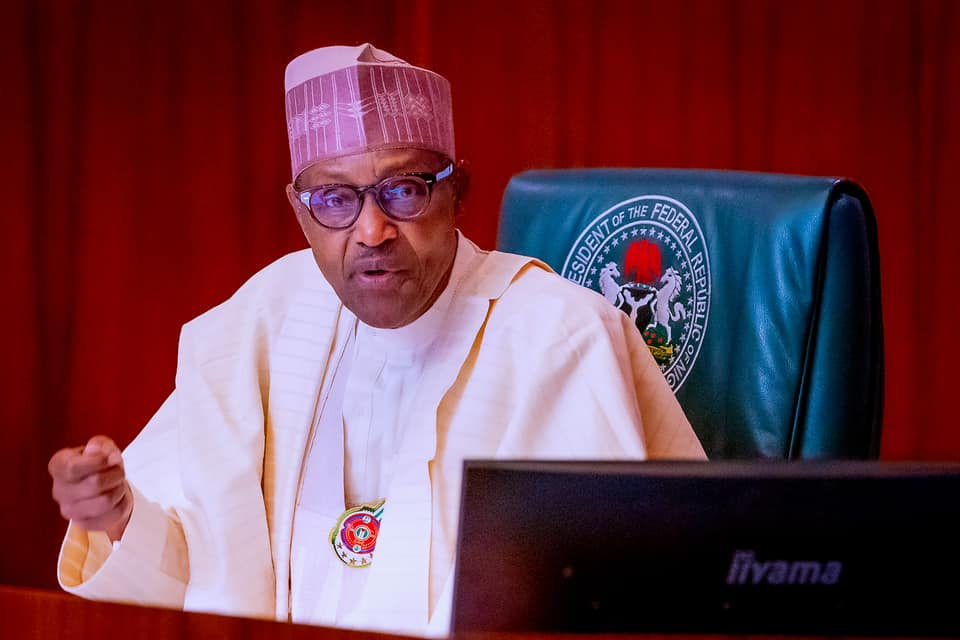The heavy sighs of relief must have been audible all over the country on Friday last week when President Muhammadu Buhari appeared on prime TV to sign the Electoral Act Amendment Bill 2022. The dignitaries covering his flanks at the ceremony, particularly the Senate President, Ahmed Lawan and the Speaker of House of Representatives, Femi Gbajabiamila, who have been at the works to fashion out the document, must have made the heavier sighs of relief. Many of us have also been relieved to see this bill actualized. I have written a number of pieces on this issue and readers might recall that in the last one I concluded thus: “This time around I would dispense with the indulgence of guessing the president’s mind. I would not hazard a guess on whether the president would sign the bill as it is or not, but I pray he will. There are so many other amendments in the bill to smoothen the operations of INEC and allow for a more transparent election such as the electronic transmission of election results. INEC is eagerly awaiting the president’s assent to the bill. Egoistic warfare on mode of primary elections should not justify throwing away a bill that has been at the works for this long.”
The resounding ovation that followed the signing of the document is well deserved and I am not surprised that, for once, politicians have set aside party differences to applaud an action that’s well worth it. There is no doubt that the president has done a statesman’s act. This is in spite of the fact that he has had a long running battle with the National Assembly on this bill, which was more acrimonious with the 8th Assembly whence the bill started its tortuous journey. The 8th Assembly leadership, then, was throughout its tenure at loggerheads with the Executive. During the tenure of that assembly, the president had returned the worked bill four times. Even with this 9th Assembly, which related rather well with the Presidency, the bill had its twists and turns.
- Oyo fuel scarcity: NSCDC threatens to shut down stations
- NAFDAC procures 73 vehicles, reads Riot Act to drug peddlers
This time, the problem the bill faced emanated mainly from the battle for turfs in the political space between the legislators and the state governors. But it was an uneven fight because the governors have closer access to the president than the legislators and could always score more in the contest of ideas. And for those of us, keen observers, at the sides it was obvious that what the governors didn’t like in the bill was simultaneously frowned at in the Villa and returned to the Assembly for rectification. Early this year it was crunch time when the bill got back to the Villa for the umpteenth time. The pressure was intense, and palpably so, across the nation, that the bill, whatever its imperfections, had to be signed expeditiously or years of gruelling hard work would be jettisoned.
It was the last chance to actualize the bill before INEC primes out its calendar for the coming elections. Had the bill not been signed INEC would have had to fall back on the 2010 version of the act which would have constrained it to use the archaic and contentious mode of manual transmission of results, instead of the modern electronic mode recommended in this bill. The new bill contains too many goodies all designed to make our elections more transparent and also the job of INEC much less humdrum. It is not a perfect bill and nobody is expected to be completely happy with it. Even the president that signed the bill has issues with it. And he did not hesitate to belch out his grouses even at the point of signing the bill. But as it turned out the leaders of the National Assembly have in the overall spirit of magnanimity assured that the contentious clauses will be looked at again. That makes the act a worthwhile work in progress piece.
We have been critical on this page on the tortuous journey undertaken by this bill through the National Assembly. We have admonished the various actors at every stage of failure. But these are times of congratulations. We must single out the role of the leaders of the National Assembly, the Senate President and the Speaker of House of Representatives, for their sagacious conduct in presiding over the debates on clauses that attracted diverse, contentious and many a times emotive views. Probably, the greatest strength of these leaders must lie in their unique ability to gain the trust of both their members as well as that of the president. Kabiru Gaya, for many years the chairman of the Senate Committee on INEC must be a very happy man now. I have watched him many times being grilled on TV and he never lost his cool. He was always optimistic that a light was at the end of the tunnel. I am glad he is at last vindicated.
It is not yet uhuru for fair and transparent elections in Nigeria. Admittedly, many major constrains would be alleviated by the new act. Nevertheless, there are still some left-over constrains such the blatant use of cash to woo voters lined up at the polling sites. This and many others would require legislation to be uprooted.

 Join Daily Trust WhatsApp Community For Quick Access To News and Happenings Around You.
Join Daily Trust WhatsApp Community For Quick Access To News and Happenings Around You.


